Pub Theology 2/4/25 -- What does it mean to be an ally?
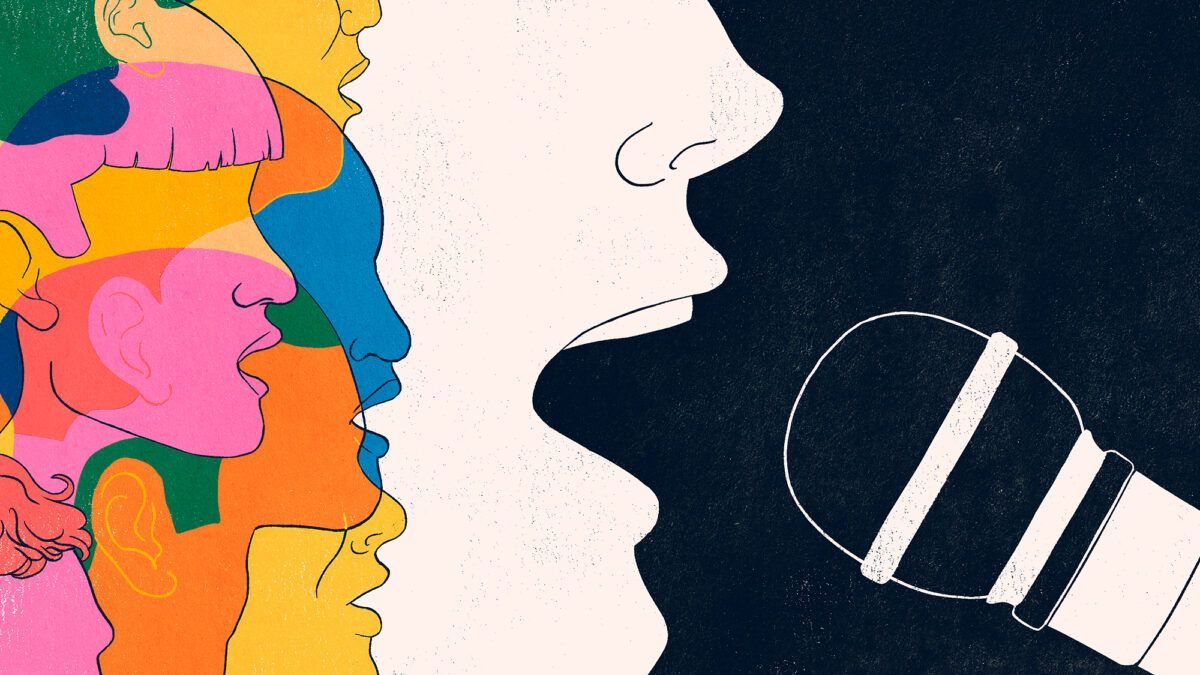
During our conversation on speaking truth to power last week, and specifically when we turned to speaking up for others who are vulnerable or in need of compassion from those in positions of power or authority, we touched on the questions of allyship, and what it means to be an ally. Turns out that one of our regulars has some background and experience with these questions, and a passion for the topic, so we're going to explore the ideas in our conversation this week.
Allyship is something that a lot of people us in theory, but have a difficult time putting into practice. One of the central tensions in the ally's relationship to people affected by bias is the champion/assistant dilemma. As this article from the Harvard Business Review explains, the champion model is one where a person of privilege uses that privilege to make the kinds of far-reaching change that the disadvantaged person can't make on their own. In this model "Allies ... shoulder some of that burden, freeing marginalized people to spend less time advocating for themselves and more time living their lives."
By contrast, in the assistant model the ally takes a step back. "In the assistant model, allies serve as helpers on projects led by others. Proponents of this model point out that affected people know best how to advance their own interests. For that reason, allies need to step back and 'pass the mic' to affected people. To the extent allies bring their own ideas and voices to the table, it’s in a clearly subordinate role."
Figuring out whether to act as a champion or an assistant is a thorny choice, and fraught with uncertainty that can prevent a potential ally from doing or saying anything at all. People may worry that their attempts at speaking up will seem performative or even patronizing. Some people are so worried about making mistakes, that they stay silent even when they want to speak up. This fear of doing the wrong thing often prevents people from doing ANYthing.
Prof. Christian van Nieuwerburgh from the Royal College of Surgeons in Ireland and Dr. Jummy Okoya from the University of East London wrote a wonderful article that starts with a simple definition: "Allyship is about those who are active in supporting efforts to increase fairness and inclusion in our societies." You can read the full thing, along with their practical guidance about how to be a better ally, by following this link. The steps that they suggest begin with the simple, acknowledging your own privilege, and culminate in taking a stand. There's lots in between.
In our conversation this week. we will discuss what it means to be an ally, and what might prevent us from taking on that role for ourselves. We'll consider levels of allyship and how to respond and do better when we inevitably make a misstep. We will also consider how the skills we currently have can be applied to our journey towards more active and effective allyship. Finally, we'll think about the arenas where allyship might make sense in relation to race, socioeconomic status, gender, sexuality, mental health, disability, and the intersectionality of all these that creates unique experiences of discrimination and privilege.
We've got a lot on our plate this week, so join us for the discussion starting at 7pm Tuesday, Feb. 4 at Casa Real in downtown Oxford.
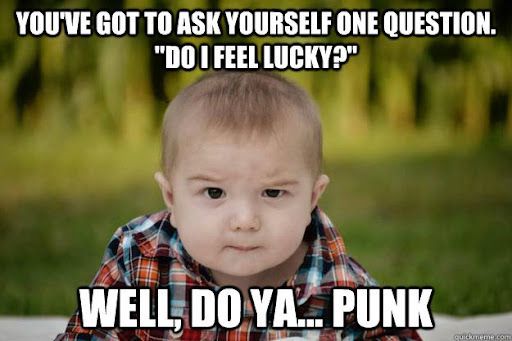

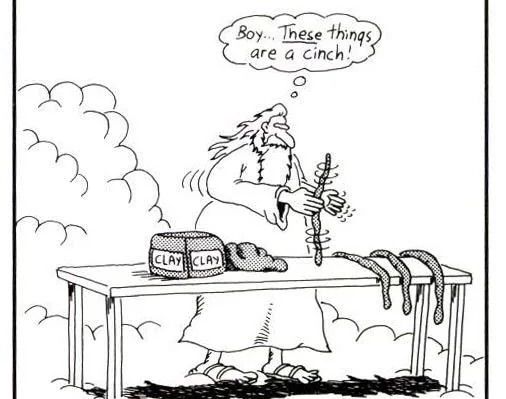

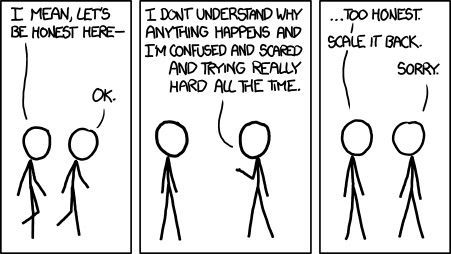



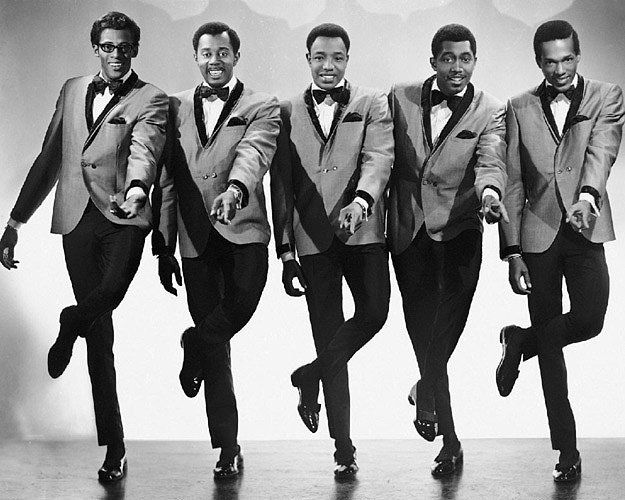

Useful Links
Contact info
(248) 391-0663
office@stmarysinthehills.org
2512 Joslyn Court
Lake Orion, Michigan 48360
Join our community
Contact Us
We will get back to you as soon as possible
Please try again later
